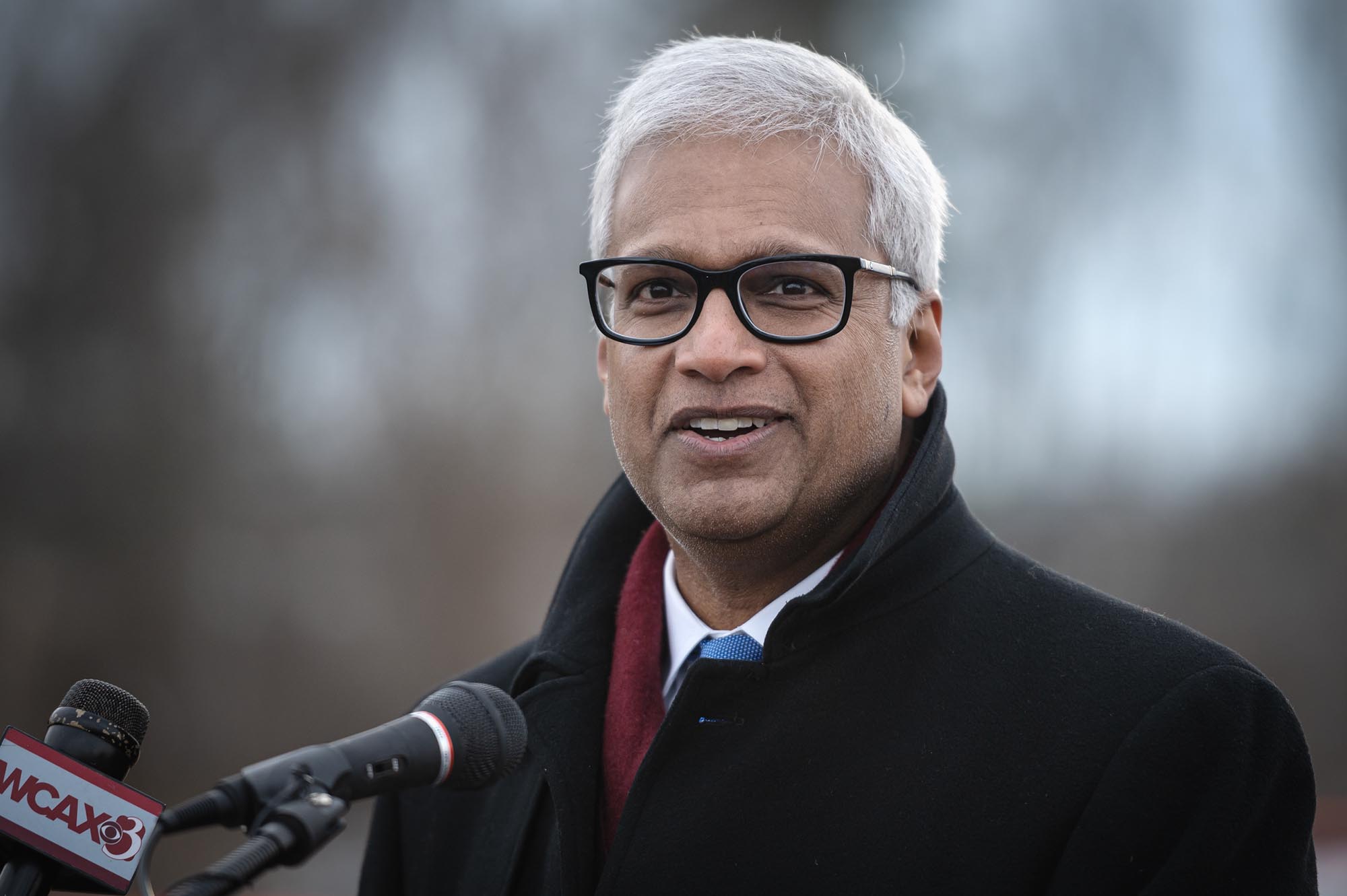Hefty Rewards: UVM Health Network Leaders Pocket $3M in Bonus Windfall

In a controversial move that has raised eyebrows across the healthcare community, UVM Health Network has revealed a stark contrast between executive compensation and ongoing service reductions. While the network has been implementing significant service cuts, top executives were awarded a substantial $3 million in "variable pay" for the previous year.
The network remained tight-lipped about individual executive compensation, but disclosed that 19 of its top leadership team collectively received the multi-million dollar bonus. This revelation comes at a time when the healthcare system has been scaling back services, creating a potentially challenging narrative about resource allocation and leadership priorities.
The substantial executive compensation amid service reductions has sparked questions about the network's financial strategy and commitment to patient care. While the details of individual executive bonuses remain undisclosed, the collective $3 million payout stands as a notable figure in the context of the network's current operational challenges.
